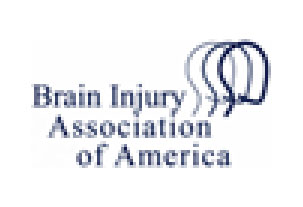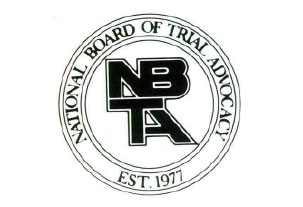A medical mistake made during labor or delivery can cause a baby to suffer a birth injury, which can lead to brain damage, cerebral palsy, physical impairments, or other disorders or birth defects. When negligence is to blame for a baby’s birth injury, the healthcare providers involved with the birth and/or the hospital facility at which the birth took place may be liable under medical malpractice law. In such cases, an experienced cerebral palsy attorney can help the parents seek compensation for their child’s birth trauma. No parents want their baby to experience harm. Fortunately, parents can take steps throughout the pregnancy to minimize their baby’s risk of birth injury.
Early Planning
As soon as parents receive the happy news they are expecting, they can start working towards a safe delivery. Steps to take early on in your pregnancy include:
- Checking out your obstetrician’s qualifications
- Seeking prenatal care early and following your doctor’s recommendations
- Taking prenatal vitamins
- Maintaining a healthy diet and checking with your doctor about what foods or drinks you should avoid
- Consulting your doctor if you get sick during your pregnancy, even if it’s just a cold, or if you feel anything abnormal
- Checking with your doctor before taking any over-the-counter medicines
A healthy pregnancy increases the likelihood of a problem-free delivery.
The Last Trimester
As the due date nears, parents can take additional steps to reduce the risk of complications during labor or delivery, such as:
- Pre-registering with the hospital, so you won’t have to worry about filling out paperwork while you’re in labor
- Tracking your baby’s movements during the final weeks of pregnancy, also known as a “kick count,” and alerting your doctor if there is any decrease in your baby’s activity
- Discussing any concerns you have about the delivery process with your doctor
Although labor and delivery complications sometimes cannot be avoided, parents can take steps throughout the pregnancy to reduce their baby’s risk of birth trauma.
At the Hospital
Do not be afraid to ask questions and keep an eye on what is going on. When you are admitted to the hospital, ask for an explanation of how the process will work and request that a nurse provide you with a quick overview of the electronic fetal monitoring (EFM) equipment. That way, you can keep an eye on the EFM equipment and alert a doctor or nurse if you notice any sudden changes or alarms. If a problem arises, it is important for the medical staff to respond quickly, so do not be afraid to let them know if something does not feel right. In the unfortunate event that your child suffers a birth injury, contact a qualified cerebral palsy lawyer to ensure your family’s legal rights are protected.













